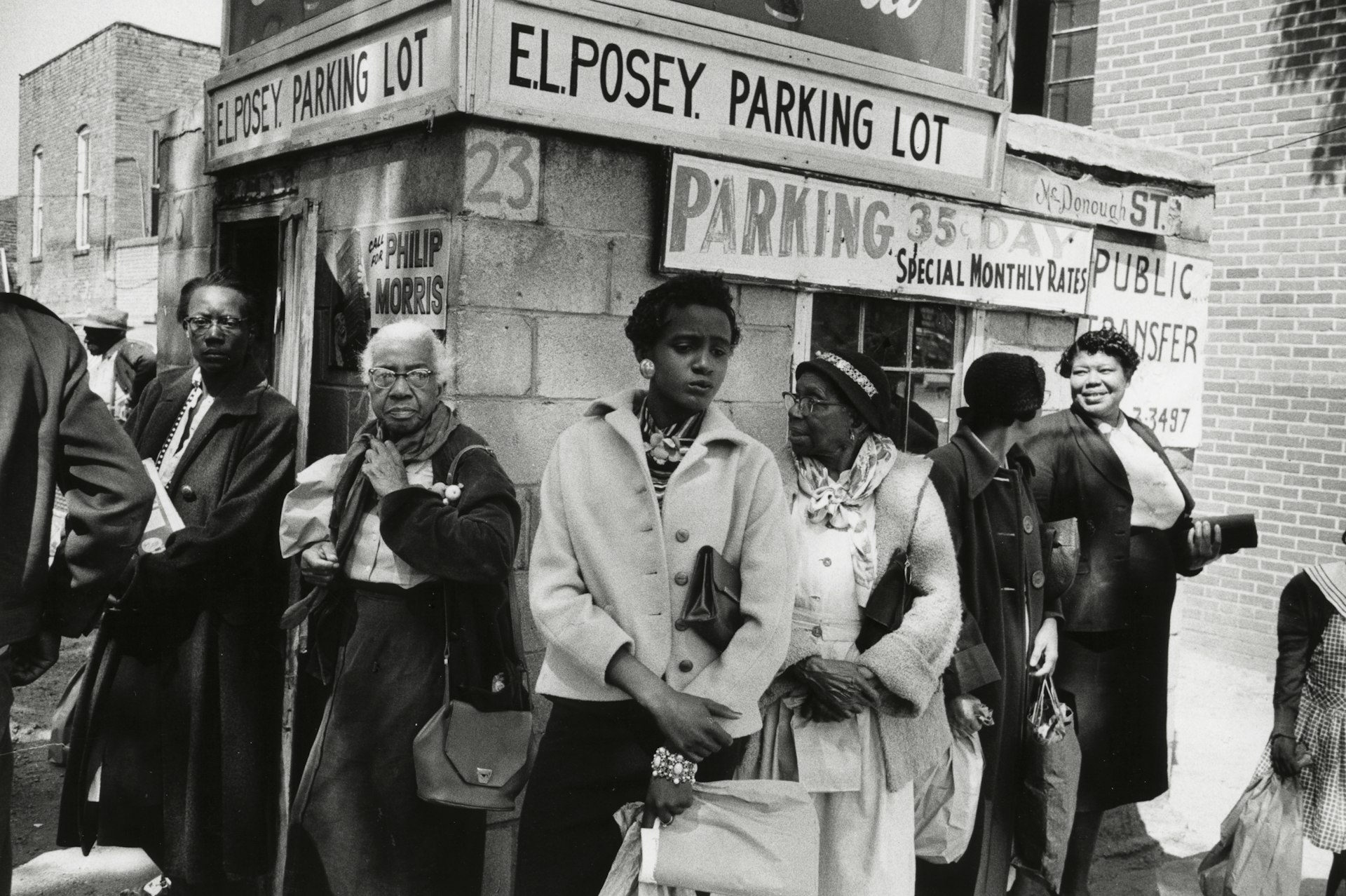An intimate portrait of Vietnam half a century after the war
- Text by Miss Rosen
- Photography by Tracy Dong

After the fall of Saigon on April 30, 1975, North Vietnam emerged victorious in a brutal war that decimated the country. After American armed forces fled in disgrace, members of the Army of the Republic of Vietnam (ARVN) in the South were incarcerated in detention camps for years on end, forced to perform heavy labor to help rebuild the shattered nation.
Among them was photographer Tracy Dong’s father, a former second lieutenant in the ARVN. After his release in 1978, he lived under heavy restrictions until he was able to escape Vietnam by boat in 1989 with his wife, Dong’s older sister, and 135 other refugees.
The family settled in Surrey, British Columbia, where Dong was born in 1995. Growing up, she heard little of their lives in Vietnam. The gaps in her family history created a sense of disconnection for she as she came of age.
“It was very difficult for my parents to talk about that with me as a young child. I knew my father was a soldier but he never really gave me the full story until I came back home in 2021,” Dong says. “I sat him down and said, “Dad, I want to hear the whole story in depth.’”


As her father courageously recounted the family’s harrowing escape from their homeland, Dong began to piece together a deeper understanding of the ways in which intergenerational trauma requires a collective approach to healing. Seeking kinship with her extended family, homeland, and ancestral roots, she returned to Vietnam in 2022 for the first time since she was 9 years old — this time with camera in hand, using it as a tool of connection to transcend the language barrier.
“Photography was a way for me to show my family members that I'm committed to get to know them on a deeper level. It was also a way to move forward from previous experiences and notions that I had of Vietnam,” she says.


With camera as her compass, Dong charts her journey in the new book, Tell Me About Saigon (Kris Graves Projects), a poignant story of self-discovery, community, and connection. Weaving together photographs of her family with landscapes, street scenes, beach trips, and work on the farm with handwritten journal entries made during her sojourn, Dong explores the existential nature of our deepest needs: identity, community, and belonging.
“The trip was the start of a rekindling, redemption, and reconnection. I met my cousin and to my surprise, they expressed love to me unconditional love to me, because they knew that we were from the same bloodline. That was an overwhelming feeling,” says Dong.
“It was always just the four of us, in Canada; to be surrounded by like 20, 30 people – I have never been around that much family in which we all express love to each other. It was a realisation that this is home and they're accepting of me. This is a place that I can continue coming back to.”
Interview with photographer Tracy Dong in conjunction with the April 25th publication of “Tell Me About Saigon” (Kris Graves Projects).
Enjoyed this article? Follow Huck on Instagram.
Support stories like this by becoming a member of Club Huck.
Latest on Huck

How Labour Activism changed the landscape of post-war USA
American Job — A new exhibition revisits over 70 years of working class solidarity and struggle, its radical legacy, and the central role of photography throughout.
Written by: Miss Rosen

Analogue Appreciation: Emma-Jean Thackray
Weirdo — In an ever more digital, online world, we ask our favourite artists about their most cherished pieces of physical culture. Today, multi-instrumentalist and Brownswood affiliate Emma-Jean Thackray.
Written by: Emma-Jean Thackray

Meet the shop cats of Hong Kong’s Sheung Wan district
Feline good — Traditionally adopted to keep away rats from expensive produce, the feline guardians have become part of the central neighbourhood’s fabric. Erica’s online series captures the local celebrities.
Written by: Isaac Muk

How trans rights activism and sex workers’ solidarity emerged in the ’70s and ’80s
Shoulder to Shoulder — In this extract from writer Jake Hall’s new book, which deep dives into the history of queer activism and coalition, they explore how anti-TERF and anti-SWERF campaigning developed from the same cloth.
Written by: Jake Hall

A behind the scenes look at the atomic wedgie community
Stretched out — Benjamin Fredrickson’s new project and photobook ‘Wedgies’ queers a time-old bullying act by exploring its erotic, extreme potential.
Written by: Isaac Muk

“Welcome to the Useless Class”: Ewan Morrison in conversation with Irvine Welsh
For Emma — Ahead of the Scottish author’s new novel, he sat down with Irvine Welsh for an in-depth discussion of its dystopic themes, and the upcoming AI “tsunami”.
Written by: Irvine Welsh



